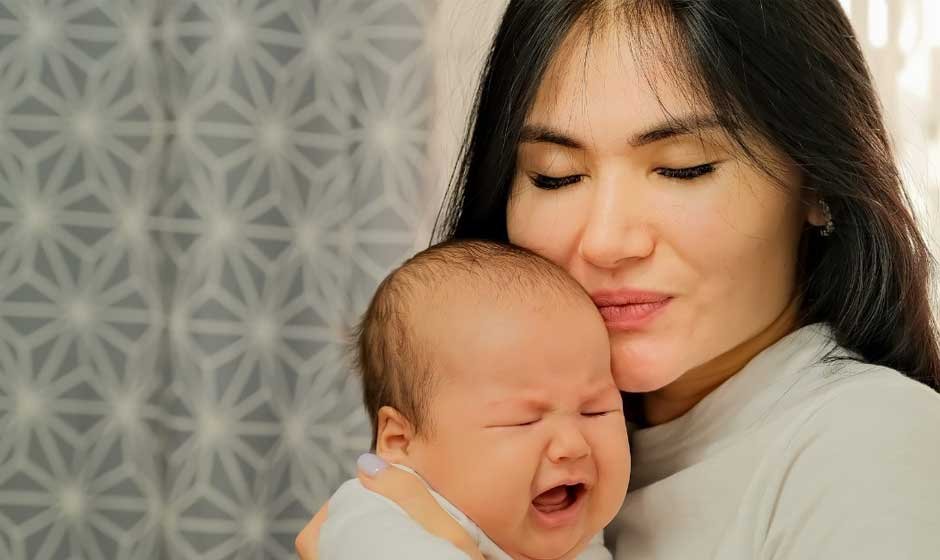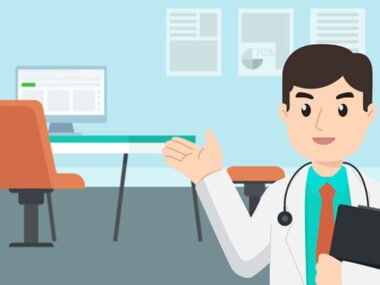Did you recently have a baby? If yes, then congratulations! Isn’t it a fantastic moment? Yes, but it may also be quite the rollercoaster, particularly if those annoying postpartum blues start to set in. You know, when everything seems a little… blah, and you’re feeling depressed and out.
You may have postpartum depression if such symptoms persist for more than a few weeks or if they are quite strong. Asking for help is completely acceptable and more frequent than you would imagine.
Let’s get started with some useful advice to get you through this challenging period. Everything from getting expert assistance to basic self-care methods will be covered. Remind yourself that there are methods to feel better and that you are not alone in this.
Seek Professional Assistance
Seeking professional assistance from an expert in mental health, such as a professional counselor or psychiatrist, is the initial and most significant phase in treating PPD. They are able to offer a thorough evaluation, make an accurate diagnosis, and create a customized treatment strategy. Psychotherapy, medicine, or a mix of the two may be part of this regimen. Frequent therapy sessions can enhance your general mental health, assist you in understanding and processing your emotions, and help you create good coping strategies.
Communicate and Be Open
Never be afraid to express your feelings to your friends, family, and partner. Open and sincere conversation can offer emotional support and lessen feelings of loneliness. Whether you need extra childcare assistance, a sympathetic ear, or just some alone time, be clear about what you need. During this difficult time, ask your family and friends to be understanding, patient, and supportive.
Become a Member of a Support Group
It might be really helpful to connect with different mothers who are experiencing similar things. Support groups provide a secure and accepting environment for discussing your feelings, ideas, and difficulties. People who genuinely understand what you’re struggling with will offer you empathy, understanding, and helpful counsel. By fostering a sense of belonging and community, these groups assist in reducing feelings of loneliness and isolation.
Put Self-Care First
Taking care of oneself is crucial to treating PPD even if you can only dedicate a short period of time each day, schedule time for enjoyable and soothing activities. Reading a book, enjoying a warm bath, listening to relaxing music, or engaging in mindfulness exercises like deep breathing or meditation may reduce stress and elevate your mood.
Obtain Adequate Sleep
Getting enough sleep is essential for mental and physical health. Although newborns frequently cause sleep disturbances, make an effort to maintain a consistent sleep routine and give rest top priority whenever you can. See your doctor for guidance on proper sleep hygiene or possible sleep aids if you’re having trouble falling asleep. Making sleep a priority will greatly enhance your mood, energy levels, and general capacity to handle the responsibilities of parenthood.
Consume a Nutritious Diet
Your energy levels and mood may both be improved by eating a balanced diet. Make an effort to eat healthy foods, such as whole grains, fruits, vegetables, and lean meats. Steer clear of excessive alcohol and coffee since these might make PPD symptoms worse. A nutritious diet may promote both your physical and mental well-being by giving your body the vital nutrients it needs to operate at its best.
Remain Active
Frequent exercise can improve your mood, lower stress levels, and enhance the quality of your sleep. On most days of the week, try to get in no less than 30 minutes of moderate-intensity exercise. One gentle and efficient way to keep active includes yoga, swimming, and walking, particularly if you’re recuperating after delivery. Before beginning a new fitness schedule, speak with your healthcare physician.
Engage in Mindfulness Practice
Deep breathing and meditation are two mindfulness practices that can help you control your anxiety, stay in the now, and stop ruminating. These techniques can help you deal with stress better and feel better overall. Even for a short while each day, think about including mindfulness in your routine.
Cut Down on Screen Time
Overuse of screens can exacerbate depressive symptoms, overwhelm, and feelings of loneliness. Prioritize in-person conversations with loved ones and establish limits on how much time you spend on screens. Feelings of loneliness can be reduced, and emotional support can be obtained by spending time with loved ones.
Think About Medicine
Medication may be required in certain situations to control PPD symptoms. Antidepressants can assist in controlling mood and reduce anxiety and melancholy. To choose the most appropriate course of therapy for you, it’s critical to talk with your doctor about your pharmaceutical options. When used as prescribed, medication can help manage PPD and enhance the quality of life.
Seek Expert Assistance at a Rehab Facility
Consider getting specialist treatment at a rehabilitation facility like the malibu recovery center if you’re dealing with severe PPD. These facilities provide extensive treatment plans that are customized to meet the specific requirements of women suffering from postpartum depression. These plans include counseling, management of medications, and support groups.
Have Patience with Yourself
PPD recovery requires patience and time. Try not to be too harsh on yourself if you have failures. Honor little triumphs and concentrate on development rather than perfection. Throughout your healing process, treat yourself with kindness and self-compassion.
Never Be Afraid to Seek Assistance
Never be afraid to ask your partner, family members, friends, or medical professionals for assistance. It shows strength, not weakness, to accept help. Having a solid support network around you may ease your loneliness and offer both practical and emotional help. Don’t be scared to assign work, seek childcare assistance, or just spend time with those you care about. You may reduce stress and concentrate on your mental state of recovery by asking for and accepting support.
Conclusion
You now have some useful advice to assist you in dealing with the difficulties caused by postpartum depression. Being a mother is one of the greatest things a woman can do. Although dealing with postpartum depression might be difficult, you don’t have to do it alone. Remind yourself that it’s acceptable to feel bad. Asking for assistance is not a show of weakness but of power. You may overcome PPD and enjoy parenting with the correct help and self-care.










